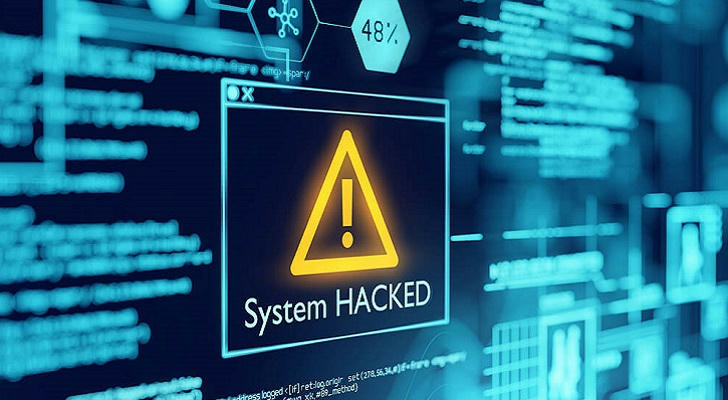Protecting the Digital World: A Beginner’s Guide to Cybersecurity Careers, Certifications, and the Future
In today's hyper-connected world, everything—from our smartphones to critical infrastructure—runs on data. And where there’s data, there’s a risk of attack. That’s where cybersecurity steps in.
Whether you’re curious about the industry, looking to change careers, or just want to understand how cybersecurity protects your everyday life, this post gives you a clear, beginner-friendly overview of the field—including career paths, training, certifications, and future trends.

Why Cybersecurity Matters More Than Ever?
In 2023 alone, the U.S. saw over 2,300 data breaches, exposing billions of personal records. From ransomware attacks on hospitals to phishing scams targeting everyday users, cybercrime is growing in both volume and sophistication.
🔍 According to the U.S. Bureau of Labor Statistics, cybersecurity jobs (specifically Information Security Analysts) are projected to grow 32% from 2022 to 2032—much faster than the average for all occupations.
What Does a Career in Cybersecurity Look Like?
Cybersecurity is more than just "ethical hacking." It includes a wide variety of roles that suit different skills and interests:
1. Security Analyst
Monitors and defends networks against threats
Investigates suspicious activity and responds to incidents
2. Penetration Tester (Ethical Hacker)
Simulates attacks to find vulnerabilities before real hackers do
Uses tools like Metasploit, Kali Linux, and Burp Suite
3. Security Engineer
Builds secure systems and designs security architecture
Implements firewalls, intrusion detection systems (IDS), and endpoint protections
4. Security Consultant
Works with companies to evaluate risks and design defense strategies
Often works across multiple clients or industries
5. Chief Information Security Officer (CISO)
Senior leadership role that defines an organization’s cybersecurity policies and vision
How Do You Get Started? Training & Certifications?
You don’t need a computer science degree to break into cybersecurity. Many professionals start with short-term certifications and online training programs.
Beginner-Friendly Certifications:
| Certification | Issuer | Focus |
|---|---|---|
| CompTIA Security+ | CompTIA | Great first cert—covers basic security concepts, threats, network defense |
| Google Cybersecurity Certificate | Coursera / Google | Practical intro to tools and incident response |
| ISC² Certified in Cybersecurity (CC) | ISC² | Entry-level cert by one of the industry’s top orgs |
Intermediate to Advanced:
| Certification | Issuer | Focus |
|---|---|---|
| Certified Ethical Hacker (CEH) | EC-Council | Tools, techniques, and legal aspects of ethical hacking |
| CISSP (Certified Information Systems Security Professional) | ISC² | Advanced cert for leadership and design roles |
| OSCP (Offensive Security Certified Professional) | Offensive Security | Highly technical, hands-on penetration testing credential |

Where to Learn: Training Programs (Online & In-Person)
Coursera / edX / Udemy – Affordable and flexible online cybersecurity courses from Google, IBM, MIT, etc.
Cybrary – Hands-on labs and certifications focused on practical skills
Bootcamps – Short, intensive programs (10–24 weeks) like Flatiron School, Springboard, Fullstack Academy
Community Colleges – Many offer 1–2 year programs in information security with strong job placement support
Pro Tip: Try resources like TryHackMe or Hack The Box to explore real-world cybersecurity scenarios.
The Job Market: Demand, Flexibility, and Growth
There are over 600,000 unfilled cybersecurity jobs in the U.S. right now (source: CyberSeek.org).
Cybersecurity roles exist in every industry: healthcare, finance, tech, education, even local government.
Many jobs offer remote or hybrid options, making this one of the most flexible tech careers today.
Final Thoughts: Is Cybersecurity for You?
If you enjoy problem-solving, critical thinking, and protecting others, cybersecurity could be a rewarding path. It’s a field where you never stop learning—and your skills will always be in demand.
You don’t need to be a coding wizard or math genius to start. What you do need is curiosity, discipline, and a willingness to learn.
Ready to explore cybersecurity?
Start with beginner courses, get hands-on with labs, or pick a certification that fits your goals. The digital world needs defenders—why not you?
